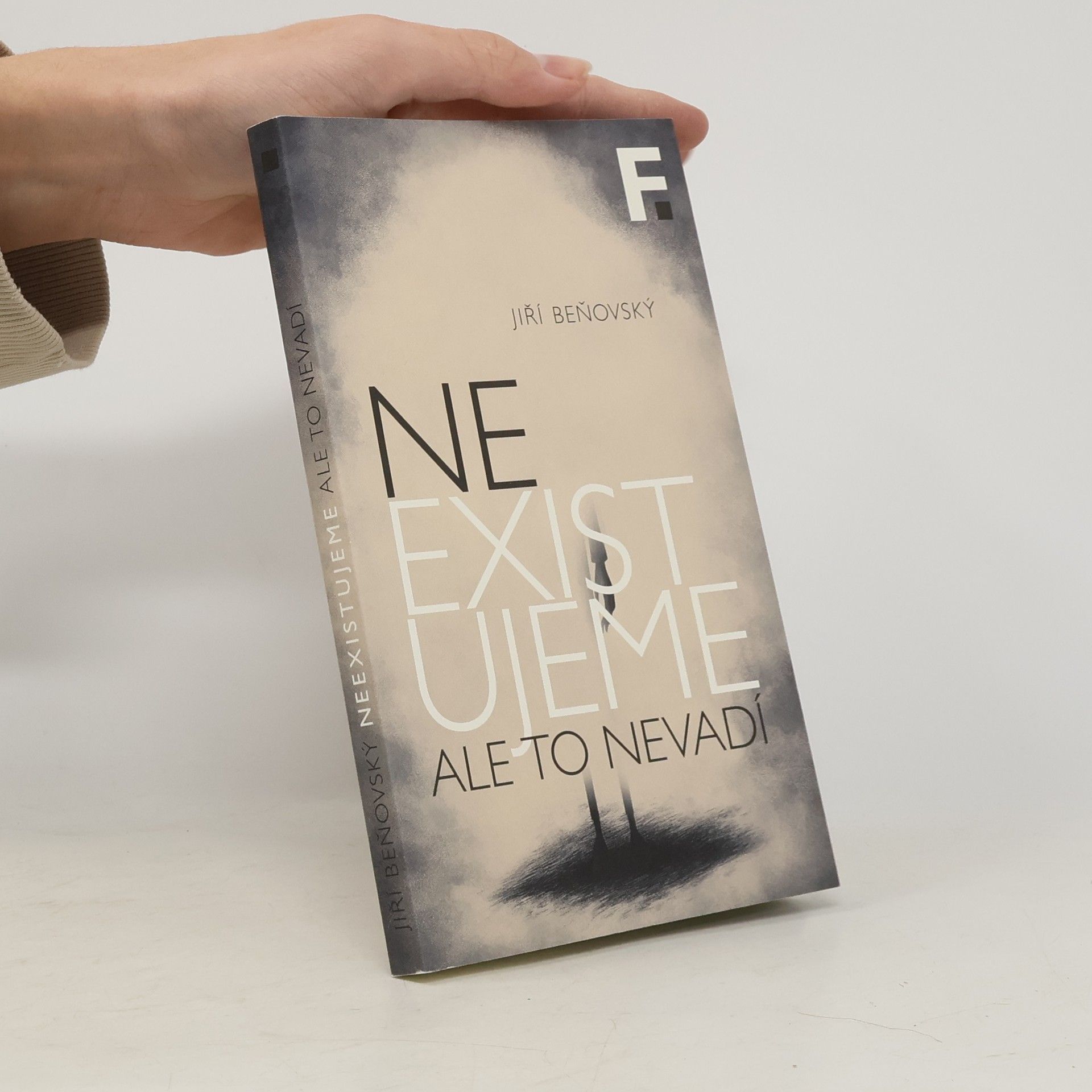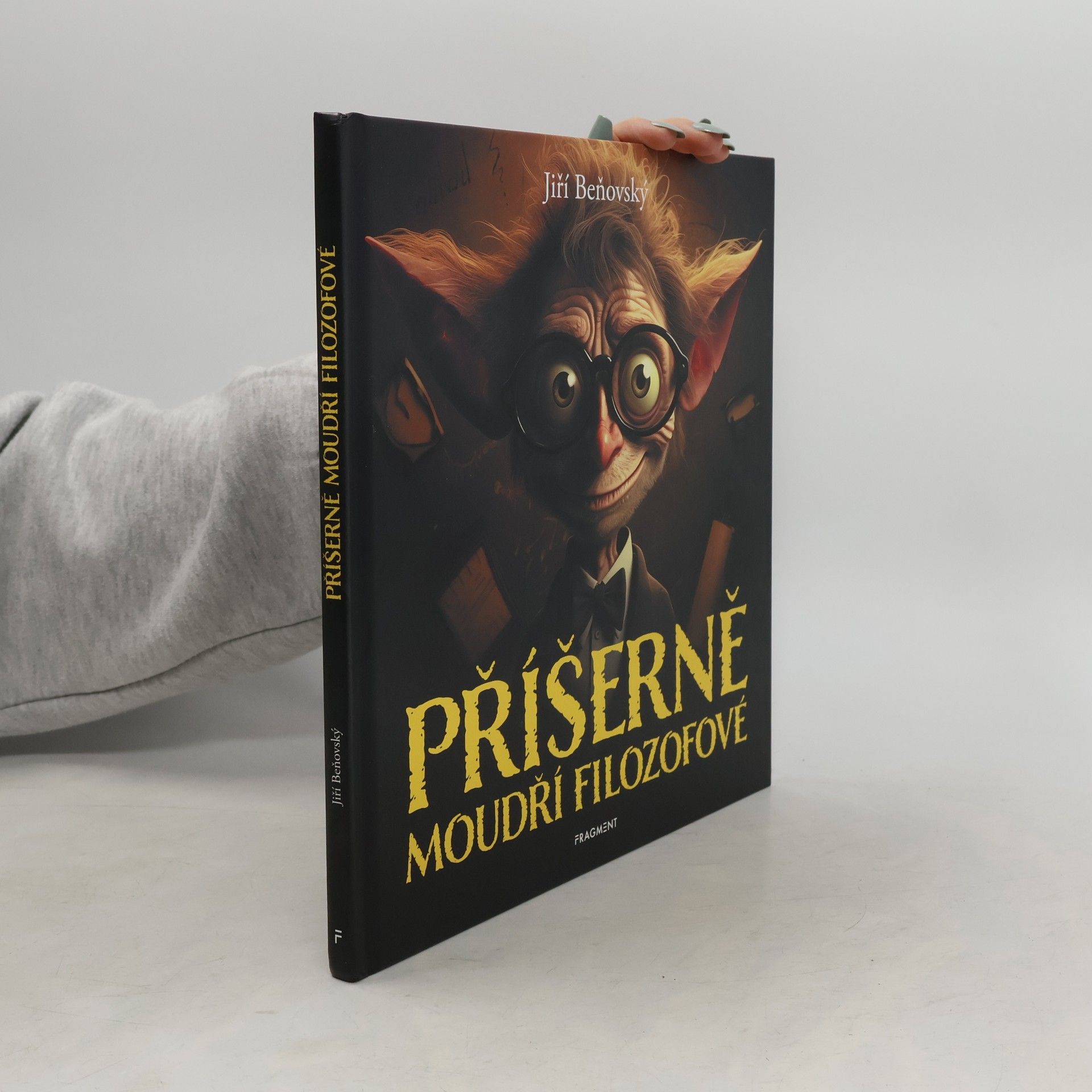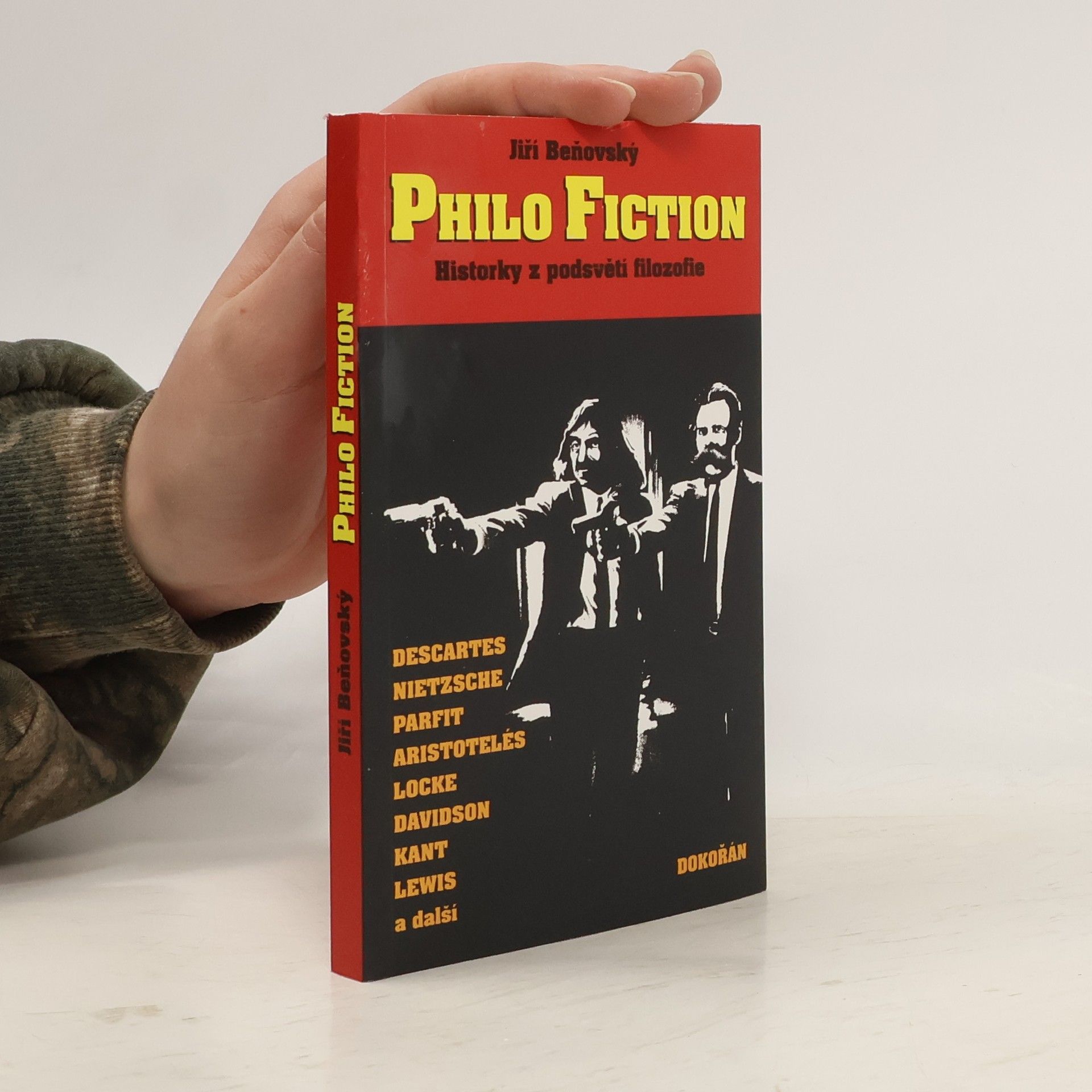The book presents a compelling argument for non-exceptionalist eliminativism, systematically examining various types of supposedly existing objects, including living beings and persons. Benovsky contends that, from a metaphysical standpoint, rejecting these entities leads to a more coherent understanding of reality. Through rigorous analysis, the author challenges conventional beliefs about existence and advocates for a worldview that eliminates these entities altogether.
Jiri Benovsky Livres





The Limits of Art
On Borderline Cases of Artworks and their Aesthetic Properties
- 68pages
- 3 heures de lecture
Focusing on unconventional forms of art, this book delves into gustatory and olfactory experiences, particularly through food, as well as proprioceptive artworks such as dance, martial arts, and rock climbing. It examines how these unique art forms challenge traditional boundaries and expand the understanding of what constitutes art. By exploring these intriguing cases, the book invites readers to reconsider their perceptions of sensory experiences and artistic expression.
Víte, že pravým scenáristou Matrixu nebyl nikdo jiný než René Descartes? To je překvapující už jen proto, že byl příliš zaměstnaný pochybováním o všem, včetně toho, zda by měl vůbec vstát z postele. Méně známým, ale stejně zásadním faktem je, že Descartes měl nečekaně hodně společného s Tomem Cruisem. Kant a Nietzsche hrají důležité role ve Star Treku, zatímco John Locke byl zdrojem inspirace pro tvůrce Avatara. Filmy a televizní seriály jsou plné filozofie, což také vysvětluje, proč se Batman neustále potýká s vězňovým dilematem a proč se tvůrci Terminátora a Robocopa zamýšlejí nad podstatou mysli a vědomí. A pak je tu Marty McFly z Návratu do budoucnosti, jehož život je zkomplikován nejen cestováním časem, ale také nekonečnou debatou o svobodě a determinismu. Filozof Jiří Beňovský v této knize nabízí devatenáct krátkých příběhů, které sledují, jak se filozofie odráží v popkulturních zrcadlech filmů a televize. Pokud se chcete dozvědět, jak postavit stroj na výrobu štěstí nebo co se stane, když vám rozpůlí mozek, jste na správném místě. A pokud ne, vždycky si můžete zapnout Star Trek a zamyslet se nad tím, jak Kant a Nietzsche zachraňují galaxii jedním logickým argumentem za druhým.